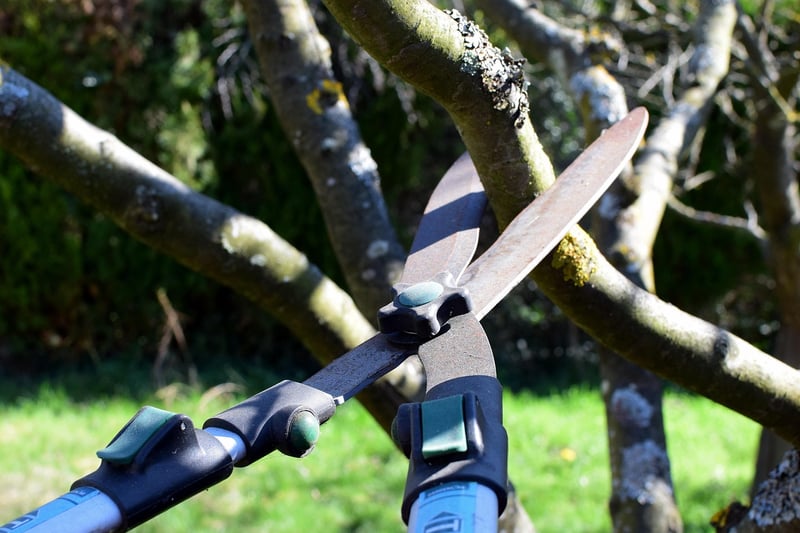Pruning Techniques
Maintain Healthy Plants with Proper Pruning Techniques
Pruning is an essential gardening practice that helps keep your plants healthy, vigorous, and visually appealing. By removing dead or overgrown branches, you can promote new growth, improve air circulation, and prevent disease. Here are some tips on how to effectively prune your plants:
1. Use the Right Tools
Invest in high-quality pruning shears, loppers, and saws to make clean cuts without damaging the plant. Keep your tools sharp and clean to prevent the spread of diseases.
2. Understand Plant Growth
Before pruning, identify the type of plant you have and understand its growth habits. Some plants bloom on old wood, while others on new growth. Tailor your pruning techniques accordingly.
3. Timing is Key
Prune deciduous trees and shrubs during their dormant season in late winter or early spring. For flowering plants, prune after they bloom to avoid cutting off next season's flowers.
4. Remove Dead or Diseased Branches
Start by cutting out any dead, damaged, or diseased branches. This will improve the plant's overall health and appearance.
5. Shape and Control Growth
Prune to shape the plant and control its size. Remove overgrown branches to maintain a balanced form and encourage new growth in desired areas.
6. Avoid Over-Pruning
While pruning is beneficial, avoid overdoing it. Never remove more than one-third of the plant's growth in a single pruning session to prevent stress and stunted growth.
7. Proper Disposal of Pruned Material
Dispose of pruned branches properly to prevent the spread of diseases. Consider composting or mulching the material if possible.
8. Seek Professional Help
If you are unsure about how to prune a specific plant or tree, consider seeking advice from a professional arborist or gardener to avoid causing irreparable damage.
By following these pruning techniques, you can help maintain the health and vitality of your plants, ensuring they thrive and beautify your garden for years to come.

Image Source: Pixabay
